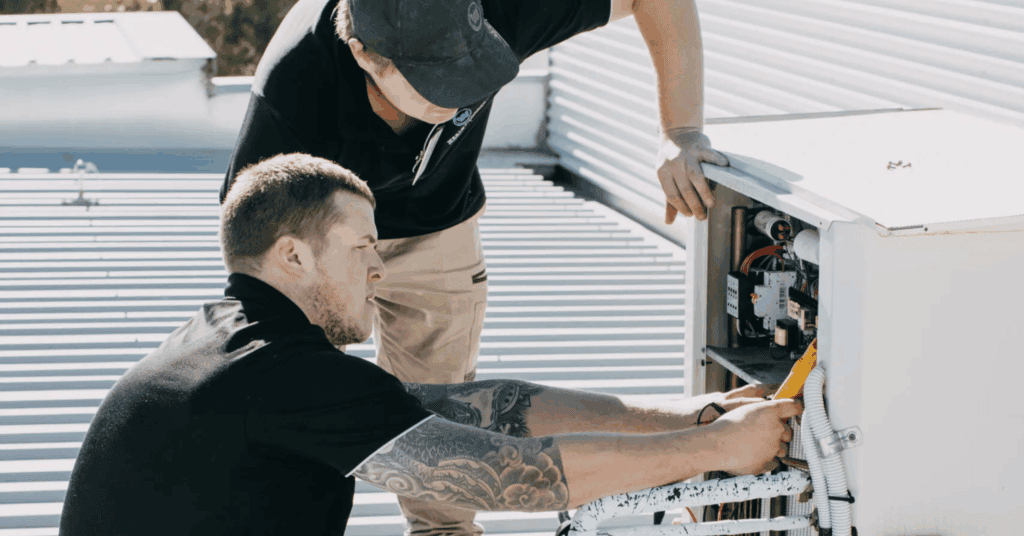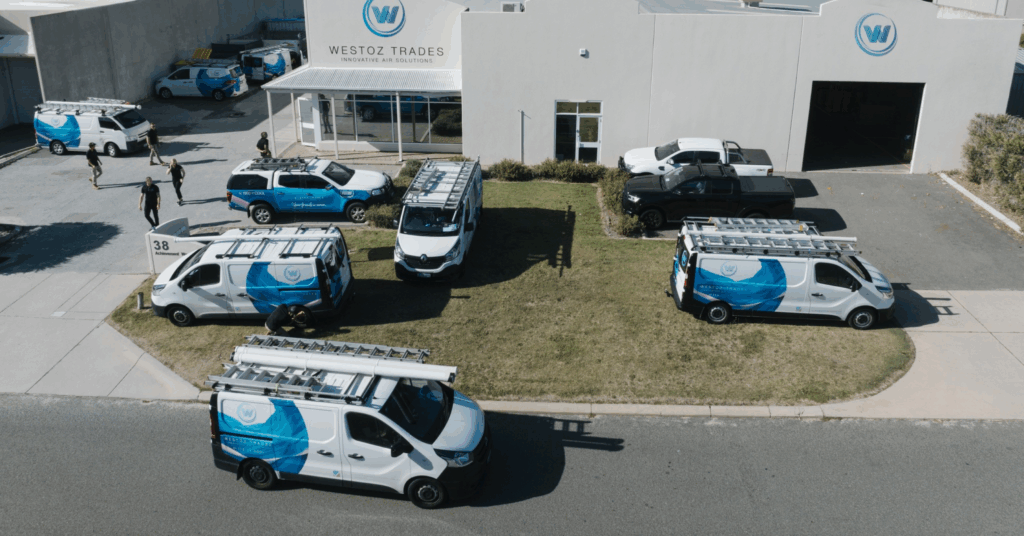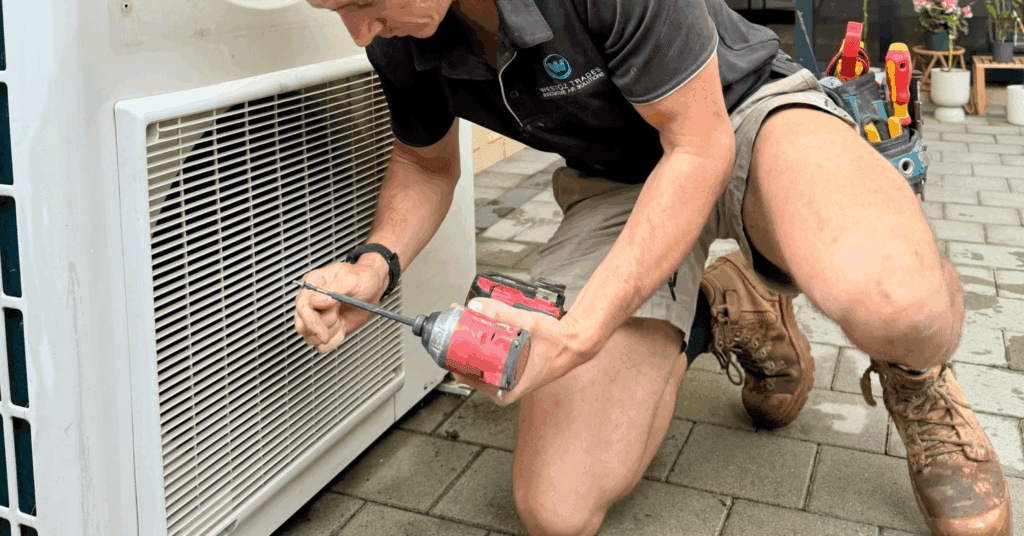When discussing commercial property management in Perth, topics like structural safety, energy efficiency, and compliance usually take centre stage. However, one issue continues to be overlooked — poor indoor air quality. Despite its subtle nature, it has a profound impact on the health, productivity, and operational costs of businesses across Western Australia.
Why It’s a Hidden Problem
Many commercial buildings in Perth, particularly older structures, were not built with modern indoor air quality standards in mind. Over time, dust accumulation, mould spores, chemical pollutants, and insufficient ventilation contribute to air that is stale, contaminated, and potentially hazardous.
Moreover, Perth’s dry climate and increased bushfire events introduce additional airborne pollutants, such as fine particulate matter (PM2.5), that easily infiltrate poorly sealed HVAC systems. Often, business owners only recognise the problem once it starts affecting occupants’ health.
Signs Your Building Has Poor Indoor Air Quality
- Unexplained fatigue or headaches among employees
- Persistent musty smells or chemical odours
- Increased allergic reactions or respiratory issues
- Frequent complaints of stale or stuffy air
- High energy bills due to overworked systems
How to Fix It
The first step is to conduct a professional HVAC inspection. Regular servicing helps identify issues before they become serious. Investing in proper maintenance can reduce airborne contaminants, improve air circulation, and enhance system efficiency.
We recommend scheduling regular air conditioning servicing in Perth to ensure your systems are clean, well-regulated, and functioning efficiently. This includes replacing filters, inspecting ductwork, and checking for mould, dust, or microbial buildup.
If your system is underperforming or showing signs of failure, prompt air conditioning repairs in Perth can make a substantial difference. Early intervention prevents costly breakdowns and protects the wellbeing of your staff and clients.
Long-Term Solutions
In addition to regular servicing, consider implementing:
- Air quality monitors to detect pollutant levels
- HEPA or UV filtration systems to reduce bacteria and allergens
- Better ventilation strategies, such as controlled fresh air intake
- Training for building maintenance teams on air quality best practices
These enhancements will not only improve workplace comfort but also boost productivity and demonstrate your commitment to health and safety standards
According to Safe Work Australia , businesses have a duty to provide safe air quality in workplaces under WHS laws — making this a compliance issue as well as a health concern
Don’t wait for indoor air quality issues to affect your business. Get in touch with WestOz Trades Air Conditioning Services for expert HVAC inspections, servicing, and repairs. Let us help you create a healthier and more efficient workplace in Perth.
Frequently Asked Questions
- What causes poor indoor air quality in commercial buildings?
Common causes include dirty filters, mould in ducts, chemical pollutants from office equipment, inadequate ventilation, and external factors like bushfire smoke or construction dust. - How often should air conditioning systems be serviced in Perth?
It’s recommended that commercial systems are professionally serviced at least twice a year, especially before peak summer and winter seasons. - Can poor air quality impact employee productivity?
Yes. Poor indoor air has been linked to fatigue, headaches, and reduced cognitive performance, which can lower workplace productivity and morale. - What’s the difference between servicing and repairs?
Servicing is routine maintenance to keep systems efficient, while repairs fix specific problems like refrigerant leaks, faulty compressors, or broken thermostats. - How can I tell if my system needs repair instead of just a service?
If you notice unusual noises, poor airflow, high energy bills, or foul smells from vents, it may be time to request air conditioning repairs in Perth.




